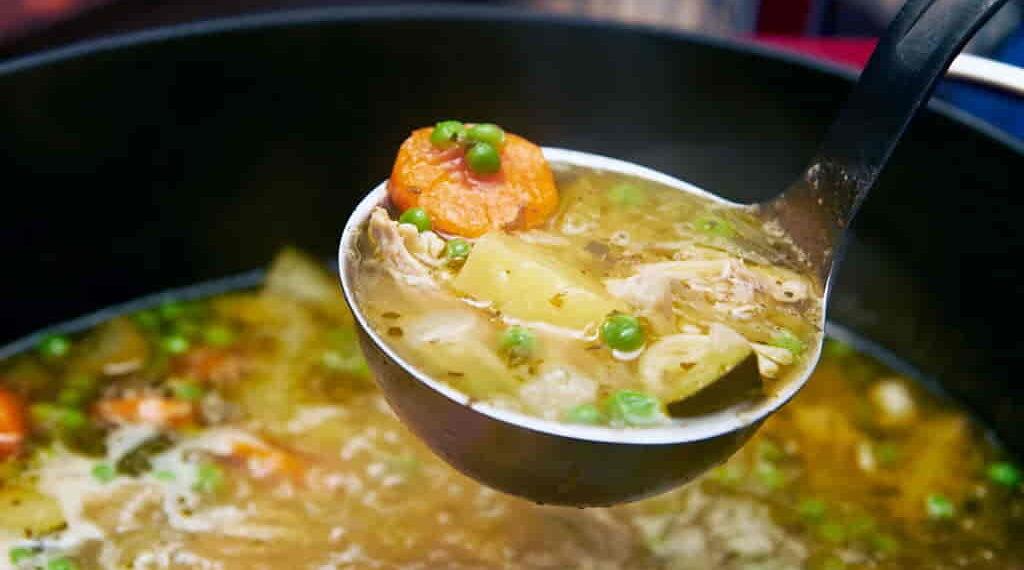Can Chicken Soup and Other Home Remedies Really Fight Off a Cold?
From orange juice to zinc lozenges, and chicken soup to garlic capsules, countless home remedies are suggested to help combat the common cold. But do any of these really work?
Catching a cold is a universal experience, with around 200 viruses causing it. However, for each virus, there seems to be just as many home remedies suggested to fight it off. So, do any of these remedies actually have scientific backing?
The Science Behind Home Remedies
Most home remedies are thought to work by boosting our immune system. When a virus enters the body, two systems work to defend us: the innate immune system attempts to expel the virus, while the adaptive system targets specific pathogens that the body has encountered before, creating memory cells to fight off future infections. This is why we usually only get chickenpox once, but the common cold, which constantly evolves, can strike us multiple times a year.
Our lifestyle and diet play a significant role in the strength of our immune system. It’s one of the reasons why remedies like vitamin-rich foods and supplements have been popularized, especially during flu seasons or even the COVID-19 pandemic. But which remedies are worth trying to ease cold symptoms or perhaps even shorten the duration of an illness?
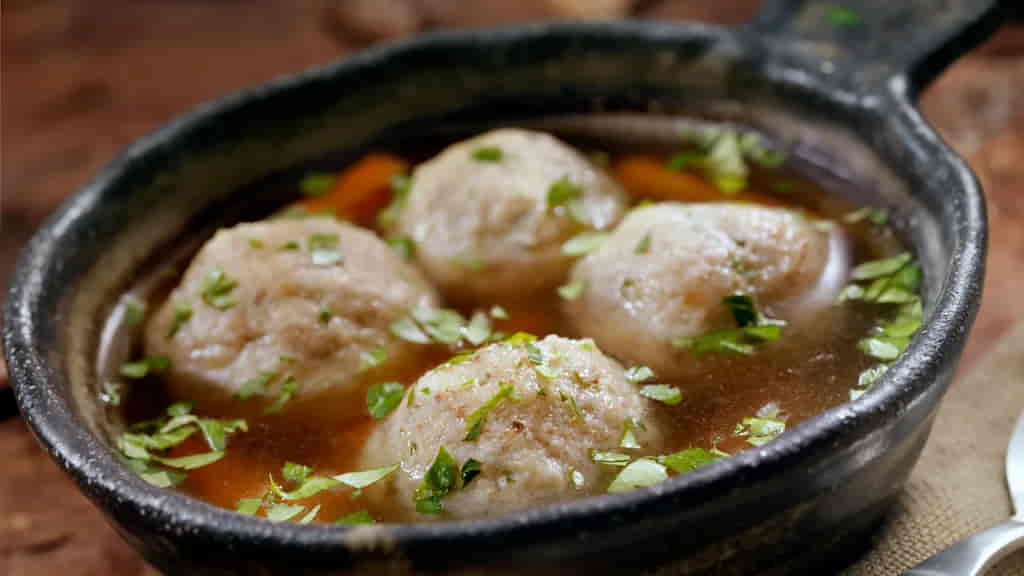
Can Supplements Like Garlic Fight Off a Virus?
In most cases, a healthy diet prevents nutrient deficiencies that would impair the immune system. Therefore, adding “cold-fighting” foods to an already balanced diet may not have a noticeable effect, explains Charles Bangham, head of the Division of Infectious Diseases at Imperial College London.
“Only if you’re deficient in a key nutrient like vitamin C, zinc, or iron will supplementation really make a difference,” says Bangham. “For those already eating a balanced diet, adding more won’t boost immunity.”
While there’s no concrete evidence that chicken soup can fight off a cold, some supplements show promise. A study conducted during the winters of 2016 and 2017 found that taking a multivitamin with vitamins A, D, C, E, B6, B12, zinc, and other minerals reduced the frequency and severity of cold symptoms like a runny nose and cough.
Garlic is one popular home remedy with some supporting research. A small study found that healthy adults who took daily garlic supplements for 12 weeks experienced fewer colds compared to a placebo group. The garlic group contracted only 24 colds, while the placebo group had 65.
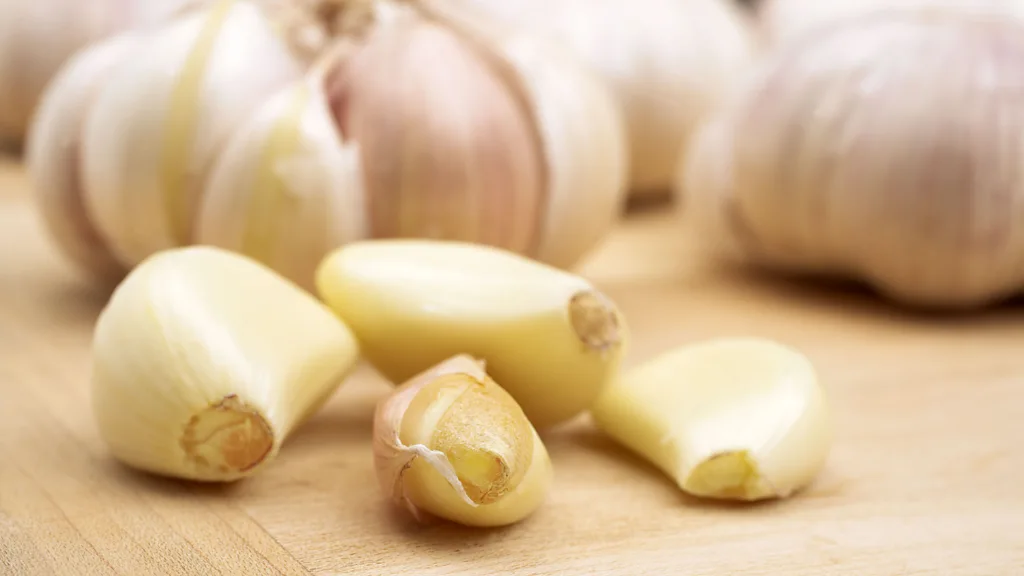
Does Vitamin C Help with Colds?
Vitamin C is another common go-to for cold sufferers, but does it actually help? According to a 2023 review, vitamin C supplements can significantly reduce the severity of mild cold symptoms (like a sore throat or runny nose) by about 15%. The review also found that vitamin C has a stronger effect on more severe cold symptoms.
However, the benefit of consuming vitamin C through food, such as orange juice, is less clear. While a small bottle of fresh orange juice contains around 72mg of vitamin C—more than the daily recommended minimum of 40mg—it’s still not as effective as high-dose vitamin C supplements, says Harri Hemilä, a researcher at the University of Helsinki.
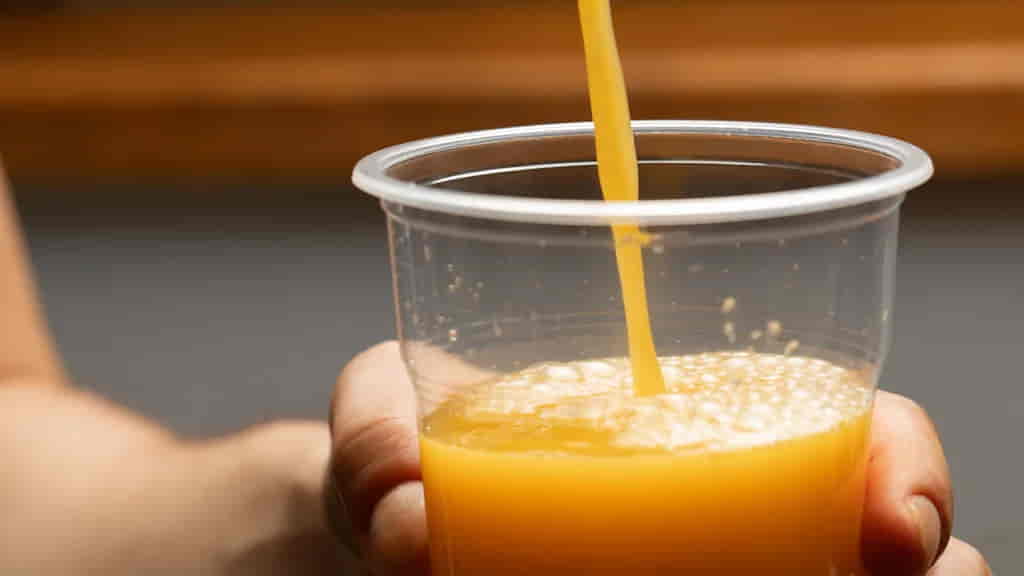
Does Zinc Help with Colds?
Zinc is another supplement widely believed to shorten cold duration. A review of studies found that zinc acetate lozenges (80-92mg) can reduce the duration of nasal congestion and sneezing by about a third. However, researchers note that the timing of zinc intake is critical: it must be taken within 24 hours of the onset of symptoms to be effective.
Despite this, a 2020 trial showed mixed results. After taking zinc lozenges for five days, participants who continued for an additional 10 days didn’t recover faster than those who took a placebo. This suggests that the duration and dosage of zinc treatment need further exploration.
Interestingly, zinc lozenges are far more effective than regular zinc tablets or food sources. This is because lozenges dissolve slowly in the mouth, where zinc works locally, unlike zinc from food or tablets, which are absorbed elsewhere in the body.

The Power of Placebo
One complication in studying cold remedies is the placebo effect. Many home remedies, including garlic supplements or even chicken soup, may feel effective simply because of belief in their healing power. The placebo effect can significantly alleviate symptoms, such as pain or a runny nose, even when the treatment has no active ingredients.
Studies on herbal remedies like echinacea have found that people who believe in the remedy’s benefits experience milder colds than those who do not. The same goes for milk and mucus production—while research has debunked the myth that milk worsens mucus, people who believe this may report more symptoms.
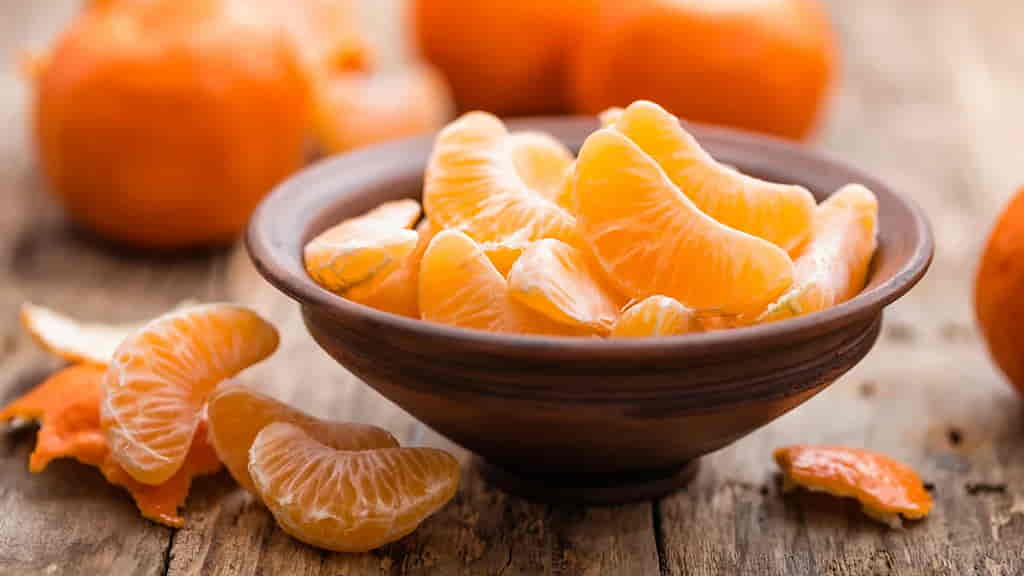
Trust and Comfort: The Emotional Boost
Felicity Bishop, a health psychology expert at the University of Southampton, explains that the power of home remedies often comes from the trust we place in those offering them. Whether it’s parents offering chicken soup or a friend suggesting garlic, the emotional comfort and belief in a remedy can help us feel better—even if it’s just a placebo effect at play.
Sarah Schenker, a dietitian, adds that the comfort of foods like chicken soup can provide emotional relief, even if they don’t directly target the cold virus.
Genetic Factors and Immunity
Ultimately, our individual genetics play a major role in how we respond to illnesses. Some people are genetically predisposed to experience more severe symptoms, while others may be less affected. For the majority of healthy individuals, home remedies (whether they’re effective or placebo-based) may offer some comfort, but true immunity relies more on genetics and overall health.
Conclusion
While remedies like garlic, zinc, and vitamin C supplements may offer some benefits in reducing the severity or duration of cold symptoms, much of the relief we experience may come from the placebo effect or the comfort of familiar traditions, like chicken soup. When it comes to preventing colds or fighting them off, the most effective approach is a balanced diet, good hygiene, and possibly some supplements—though individual genetic factors are just as important in determining how we handle colds.
For now, while there’s no magic cure, relying on trusted remedies—whether backed by science or not—may still help us get through the common cold a little more comfortably.
This article was rewritten by JournosNews.com based on verified reporting from trusted sources. The content has been independently reviewed, fact-checked, and edited for accuracy, neutrality, tone, and global readability in accordance with Google News and AdSense standards.
All opinions, quotes, or statements from contributors, experts, or sourced organizations do not necessarily reflect the views of JournosNews.com. JournosNews.com maintains full editorial independence from any external funders, sponsors, or organizations.
Stay informed with JournosNews.com — your trusted source for verified global reporting and in-depth analysis. Follow us on Google News, BlueSky, and X for real-time updates.
